Elden Ring doesn’t really help the player all too much unless they are willing to seek the knowledge. You just make your character and then you are on your way into the Lands Between. Like many RPG games out there, there are stats and all these other important tidbits that can help shape a certain build or playstyle you want to go for, namely scaling. It might be a bit of a confusing aspect for many, so here we’ll clarify how stat scaling works so you can get the most out of your build in Elden Ring.
How Does Scaling Work in Elden Ring?
When you check your weapon, you’ll notice that there are letters next to the five stats listed in the Attribute Scaling part in your Equipment menu. These are extremely important as they indicate their strength relative to how much you specced into these said stats.
You’ll notice that out of the eight stats you can spec into (Vigor, Mind, Endurance, etc.), only five are listed to scale with the weapons you pick. Before you can even think of looking at attribute scaling, take note of what your highest stat of those five is. It’s important to capitalize on your highest stats to get the most out of your weapons, especially in a game as legendarily difficult as this.

Next, you should see that you fulfill all the possible requirements to handle your weapon correctly. In my provided example, I show my maxed-out Nagakiba +25. It has a requirement of 18 Str and 22 Dex. As I fulfilled those stats, I then take note of how well the weapon scales in the Attribute Scaling section.
Both Str and Dex are at B rank, meaning that I should focus my build around Strength and Dexterity. For every level I put into one of those two stats, the lethality of my weapon will increase. If I spec into Mind or Faith, that would be counterintuitive to wanting to increase my weapon’s damage output. Using katanas, in general, doesn’t require any other stat other than Arcane for the Rivers of Blood or Intelligence for the Moonveil and Meteoric Ore Blade.
If I wanted to run a build that focuses primarily on Strength and Dexterity, I should look out for weapons that scale primarily in those regions. The higher the letter, the stronger it’ll scale with my weapon. If they were both at A, the Attack Power would be even higher than what you’re seeing it at right now.
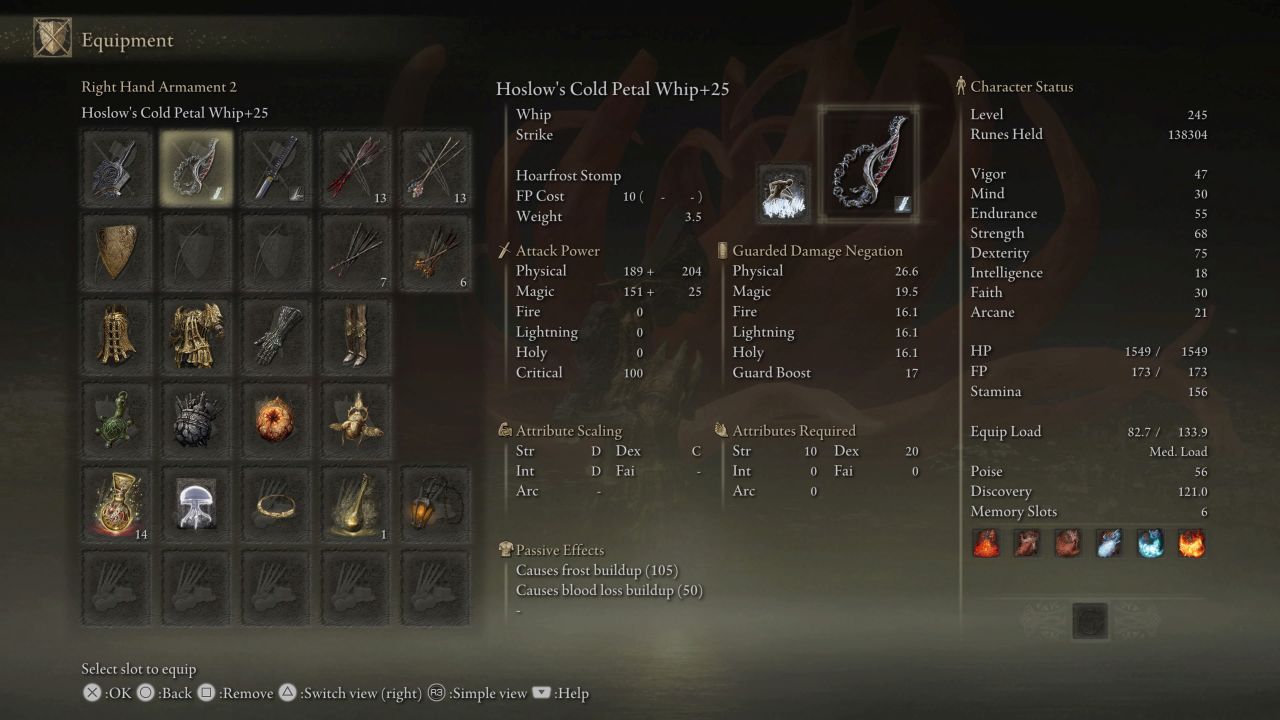
In this next example, I’m using a maxed-out Hoslow’s Petal Whip +25. It scales with a D in Str, D in Int, and C in Dex. Looking at its attack power, the numbers add up to a number lower than my Nagakiba. That’s mostly because the Str and Dex stats are lower than B. It’s also from the fact that this weapon scales off Intelligence, which is a stat that I don’t have much put into.
All weapons that do not require Somber Smithing Stones can be altered with Ashes of War so you can switch the attribute scaling. This can be extremely useful if you want to make a specific build but really like a certain weapon. Of course, their potency in terms of Attribute Scaling won’t be as strong as those of unique weapons.
In fact, in a few cases, scaling can go as high as S rank, but only a handful of weapons can achieve that. That’ll also only be possible if you rank them up to +25 if they’re normal weapons or +10 if they require Somber Smithing Stones. Just know that those that do require Somber Stones cannot have their Attribute Scaling changed. Those are locked to specific stats.
Elden Ring is out now currently for PlayStation 4, PlayStation 5, Xbox One, Xbox Series X|S, and PC.


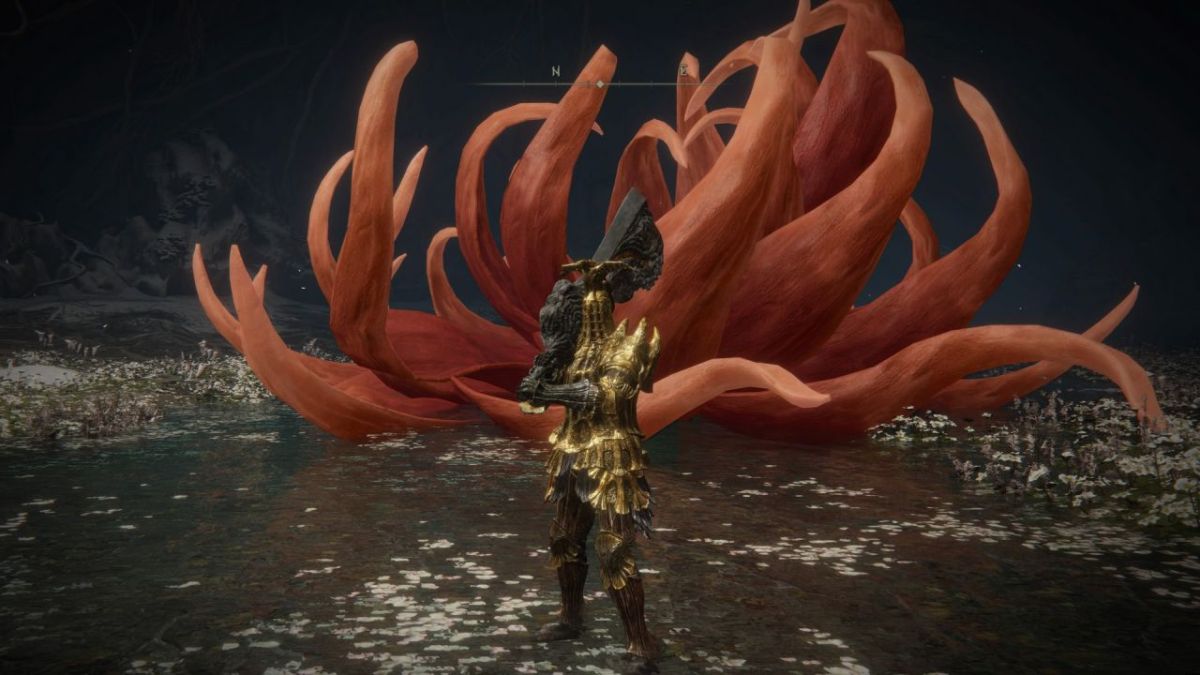


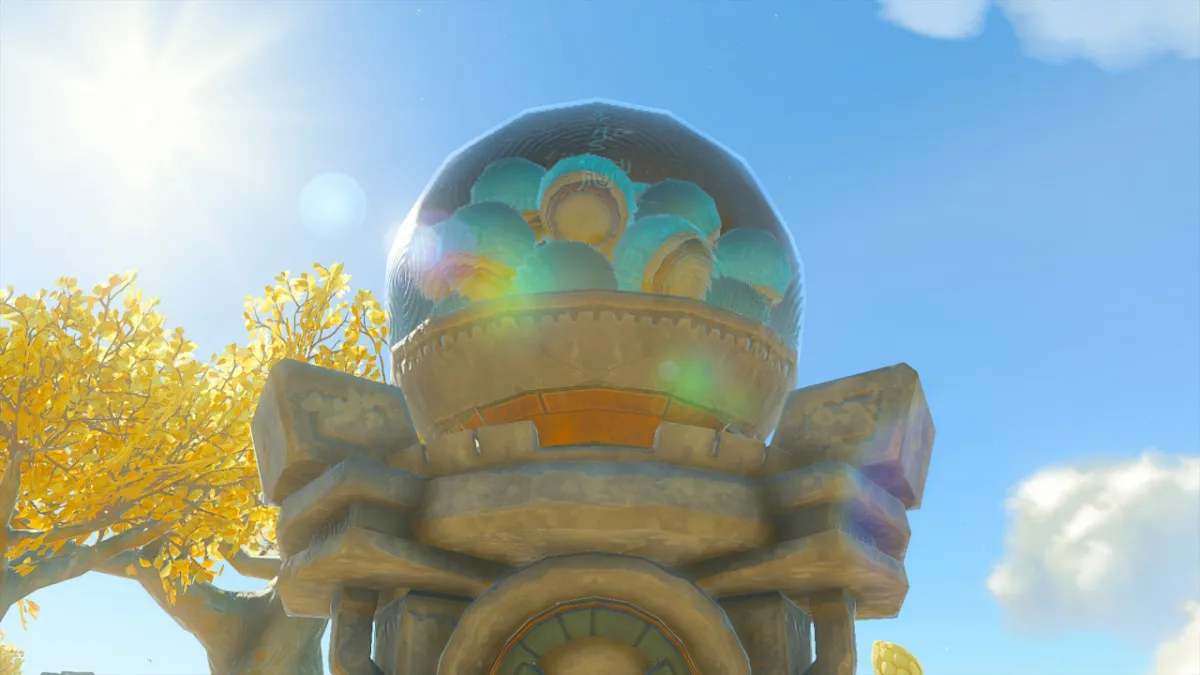

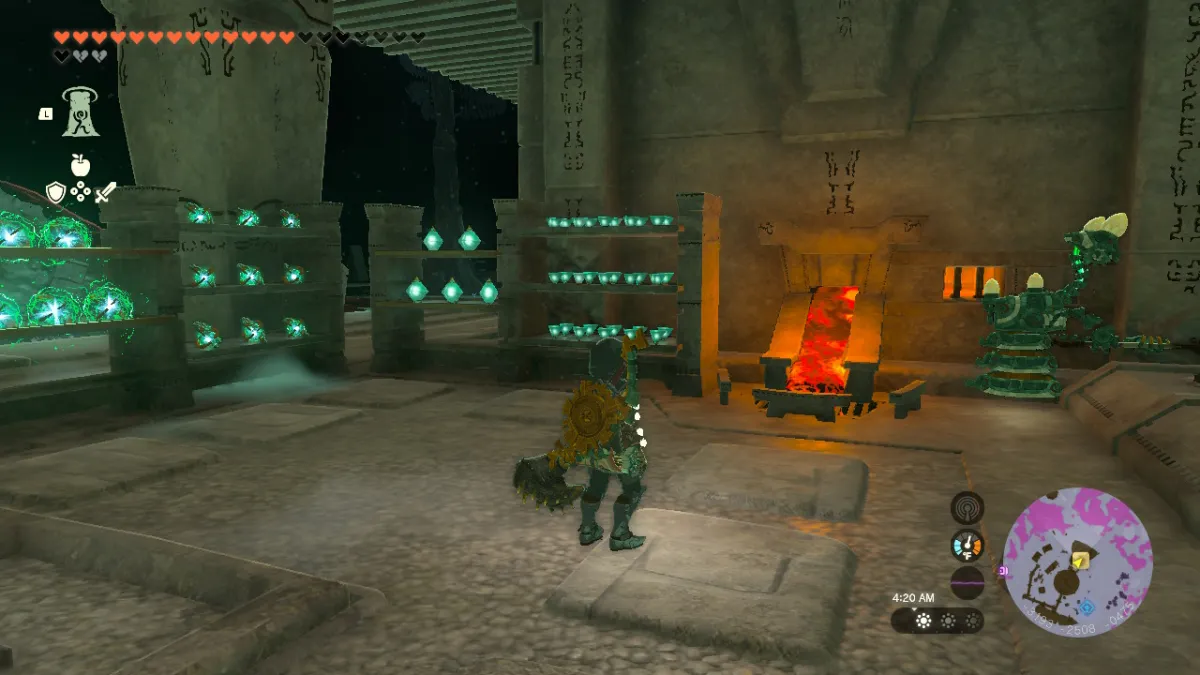
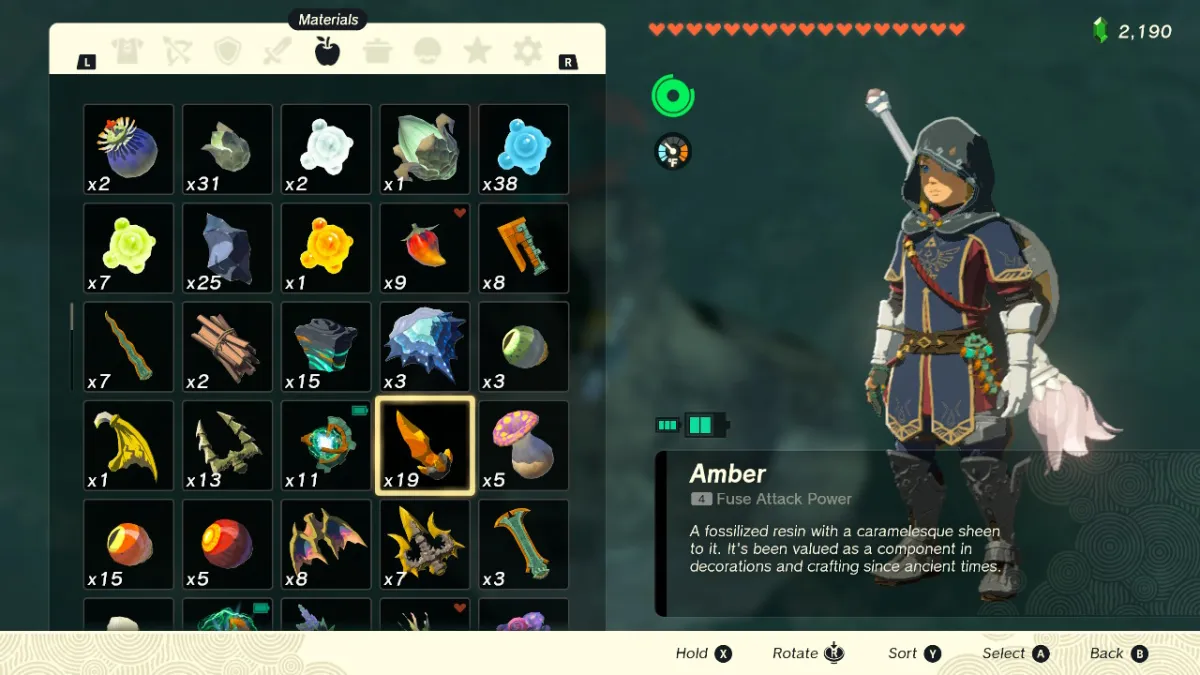


Published: Jun 16, 2022 08:47 am